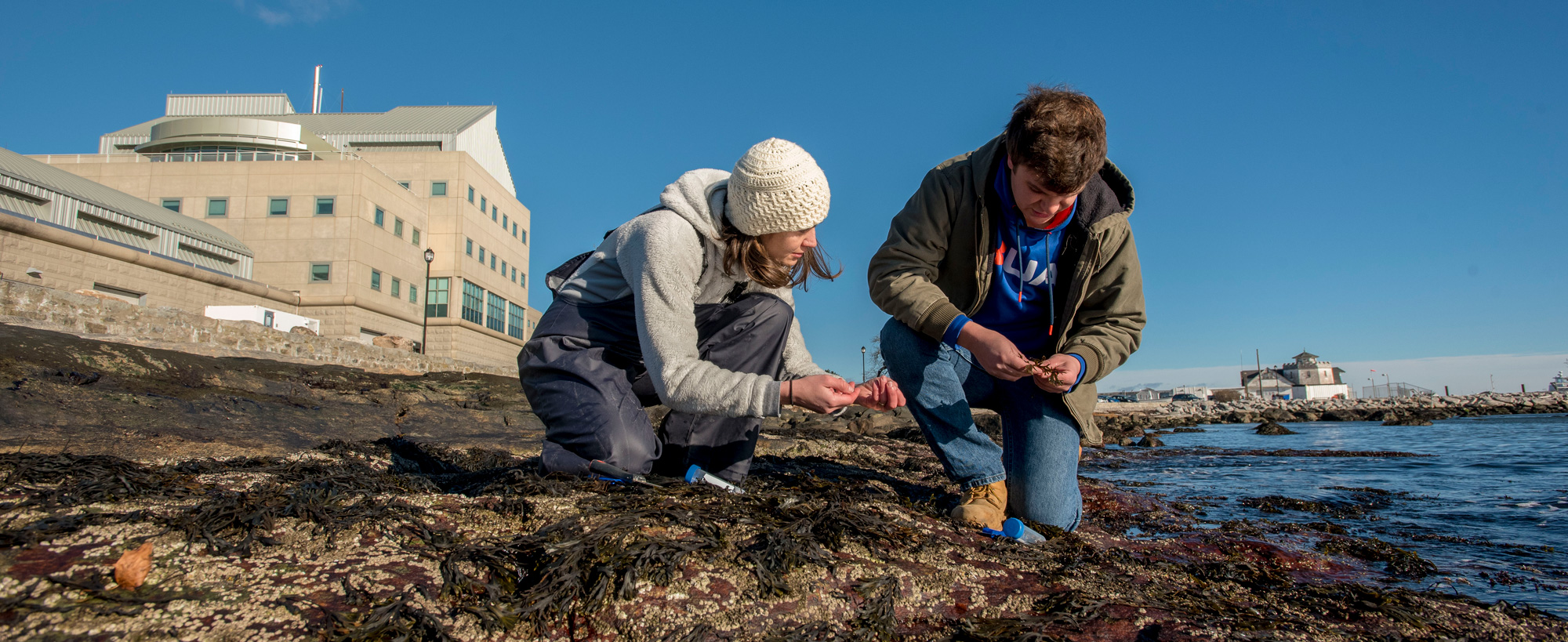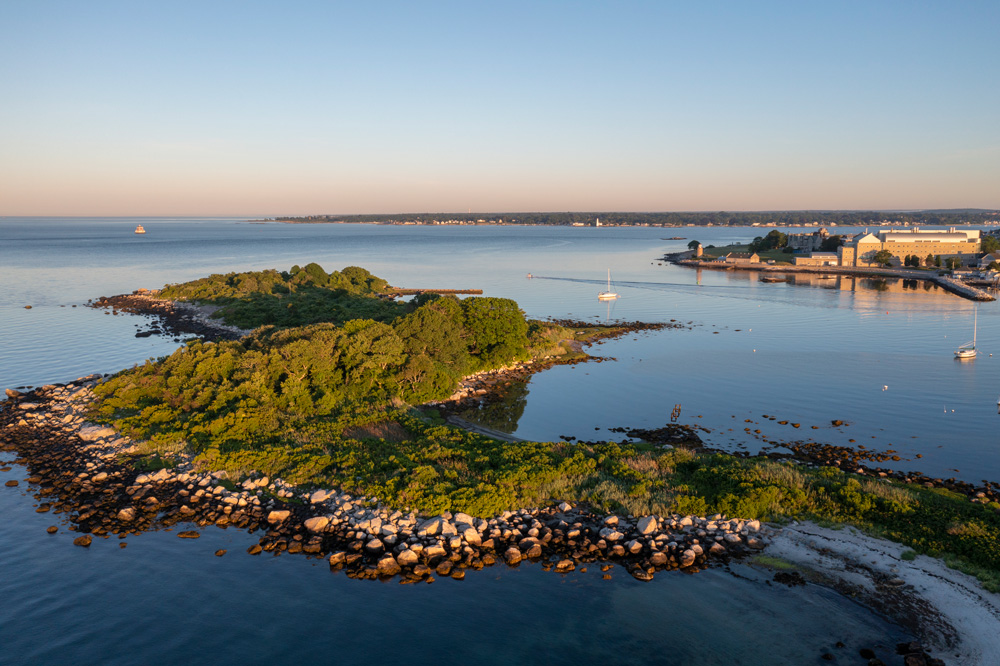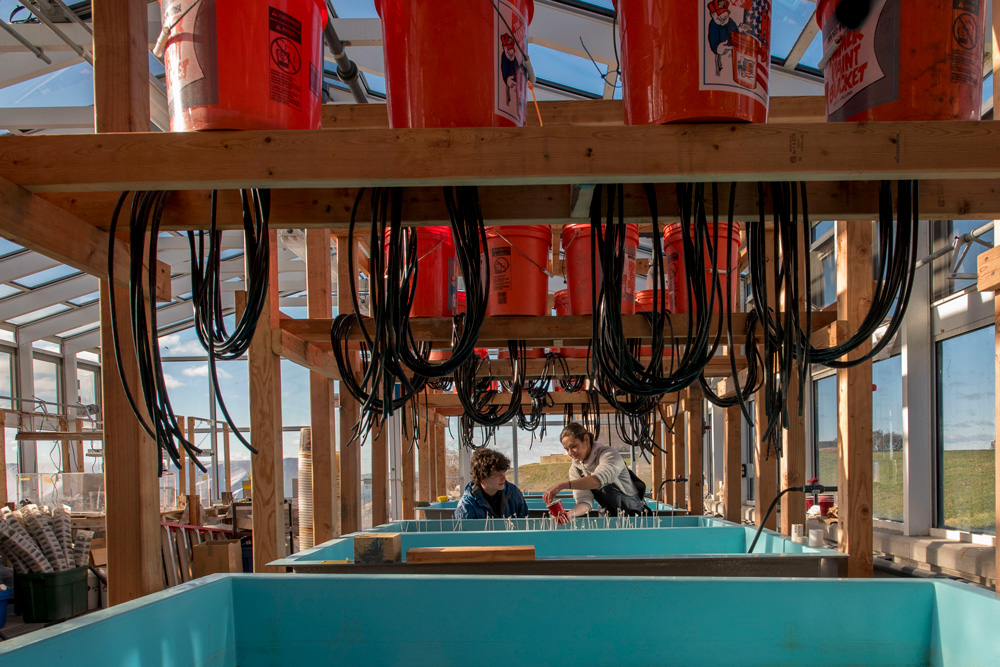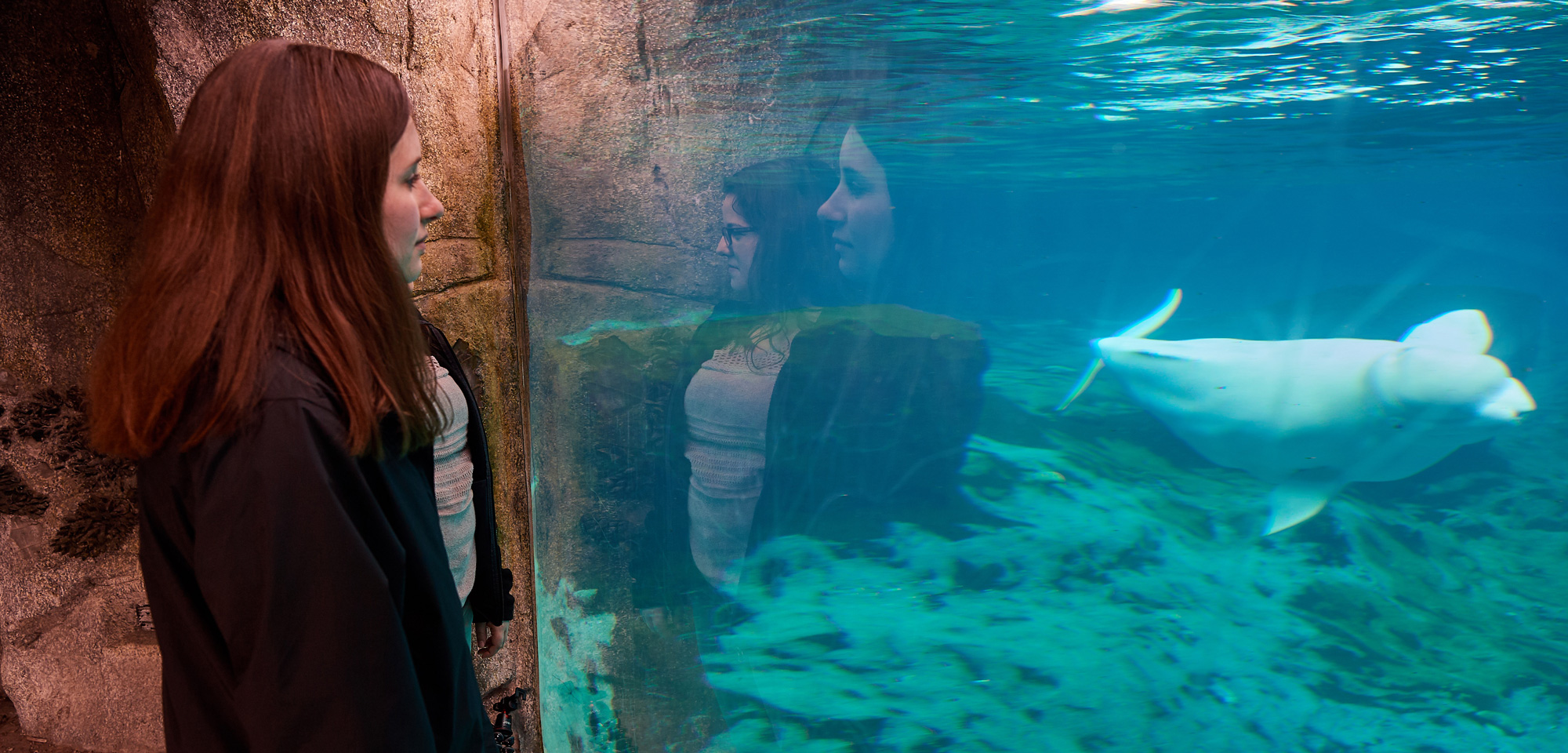Our Research
Our Research

At UConn, our faculty, staff, and students are dedicated to learning more about the world around them through research. That’s what makes us one of the nation’s top 25 public universities.
Collaborative research is carried out across UConn’s schools, colleges, research centers, and institutes. UConn Avery Point boasts several research centers related to oceanography, marine biology, marine meteorology, and climate that make up the UConn Marine Enterprise.
Connecticut Institute for Resilience and Climate Adaption (CIRCA)
The Connecticut Institute for Resilience and Climate Adaptation (CIRCA) is a partnership between UConn and the Connecticut Department of Energy and Environmental Protection (DEEP). The mission of CIRCA is to foster the resilience and sustainability of vulnerable communities along Connecticut’s coast and inland waterways to the growing impacts of climate change on the natural, built, and human environment. To achieve this mission, the Institute pairs the world-class research and outreach capabilities of UConn with the extensive practical experience of DEEP.


Connecticut Sea Grant
The Sea Grant College Program is a unique partnership between the nation’s universities and the National Oceanic and Atmospheric Administration’s (NOAA). UConn’s Connecticut Sea Grant program collaborates with maritime industries and coastal communities to identify needs and fund research, outreach, and educational activities that have special relevance to Connecticut and Long Island Sound. Their mission is to work toward achieving healthy coastal and marine ecosystems and consequent public benefits by supporting integrated locally and nationally relevant research, outreach, and education programs in partnership with stakeholders.
Mystic Aquarium Research Labs
Mystic Aquarium, a nonprofit 501(c)3 organization, is counted among the nation’s leading aquariums with more than 300 species and an extensive collection of marine mammals, including New England’s only beluga whales. The mission of Mystic Aquarium is to inspire people to care for and protect our ocean planet through conservation, education, and research. A unique partnership between UConn and Mystic Aquarium offers students hands-on research and internship opportunities with marine animals, conservation programs on the local marine environment, field trips to the Aquarium, and special courses. Mystic Aquarium’s research offices and laboratories are located in the Community and Professional Building on the Avery Point campus. The team’s conservation research focuses on the study of the health in threatened and endangered species, aquaculture of marine ornamental fishes, and ecology of coral reefs and marine protected areas.
Mystic Aquarium Research Labs
Mystic Aquarium, a nonprofit 501(c)3 organization, is counted among the nation’s leading aquariums with more than 300 species and an extensive collection of marine mammals, including New England’s only beluga whales. The mission of Mystic Aquarium is to inspire people to care for and protect our ocean planet through conservation, education, and research. A unique partnership between UConn and Mystic Aquarium offers students hands-on research and internship opportunities with marine animals, conservation programs on the local marine environment, field trips to the Aquarium, and special courses. Mystic Aquarium’s research offices and laboratories are located in the Community and Professional Building on the Avery Point campus. The team’s conservation research focuses on the study of the health in threatened and endangered species, aquaculture of marine ornamental fishes, and ecology of coral reefs and marine protected areas.

Marine Sciences
UConn’s Department of Marine Sciences carries out cutting-edge research in oceanography using cross-disciplinary approaches. The department maintains a fleet of small boats, the 39-foot R/V Lowell Weicker, and the flagship R/V Connecticut, a custom designed 90-foot steel single screw research vessel. Undersea research and education is further supported by an active scuba diving program and the Underwater Robotics Laboratory (uCURL).


Physics
The Laboratory for Astrophysics (LNS), under the direction of Professor Moshe Gai, is involved in research on stellar evolution. In particular pre-supernova stellar conditions of pro-genitor stars. In our lab, undergraduate students work together with graduate students to develop and implement radiation detection technologies to design, construct, and test detectors of nuclear particles. We use these detectors to simulate and measure nuclear reactions in stars at various nuclear accelerator facilities in the U.S., Europe, Israel, and the Far East.